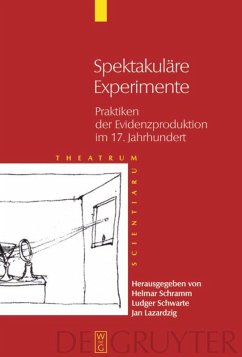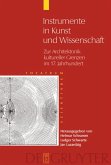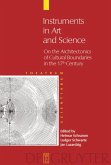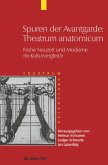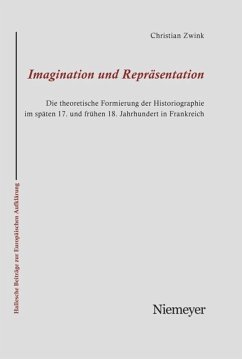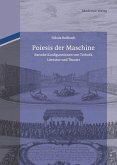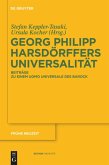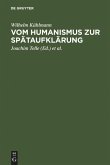This volume is the third of the projected eight volumes in the series Theatrum Scientiarum, which examines the founding phase of art and science in the modern age from a new perspective. It focuses on the question of how experiments and their execution have contributed to a fundamental change in the cultural landscape since the Early Modern Age. The contributors demonstrate that poetological discourse and Baroque theatrical production play a decisive role in the generation and social acceptance of experimental knowledge in the 17th century.
Dieser Band ist der dritte der auf insgesamt acht Bände angelegten Reihe Theatrum Scientiarum, die die Konstituierungsphase neuzeitlicher Kunst und Wissenschaft aus einem neuen Blickwinkel untersucht. Im Mittelpunkt steht die Frage, auf welche Weise Experimente und ihre Durchführung dazu beigetragen haben, die kulturelle Landschaft seit der Frühen Neuzeit grundlegend zu verändern. Die Beiträge zeigen auf, dass dem poetologischen Diskurs und der barocken Inszenierungspraxis für die Hervorbringung und soziale Durchsetzung von experimentellem Wissen im 17. Jahrhundert entscheidende Bedeutung zukommt.
Dieser Band ist der dritte der auf insgesamt acht Bände angelegten Reihe Theatrum Scientiarum, die die Konstituierungsphase neuzeitlicher Kunst und Wissenschaft aus einem neuen Blickwinkel untersucht. Im Mittelpunkt steht die Frage, auf welche Weise Experimente und ihre Durchführung dazu beigetragen haben, die kulturelle Landschaft seit der Frühen Neuzeit grundlegend zu verändern. Die Beiträge zeigen auf, dass dem poetologischen Diskurs und der barocken Inszenierungspraxis für die Hervorbringung und soziale Durchsetzung von experimentellem Wissen im 17. Jahrhundert entscheidende Bedeutung zukommt.

